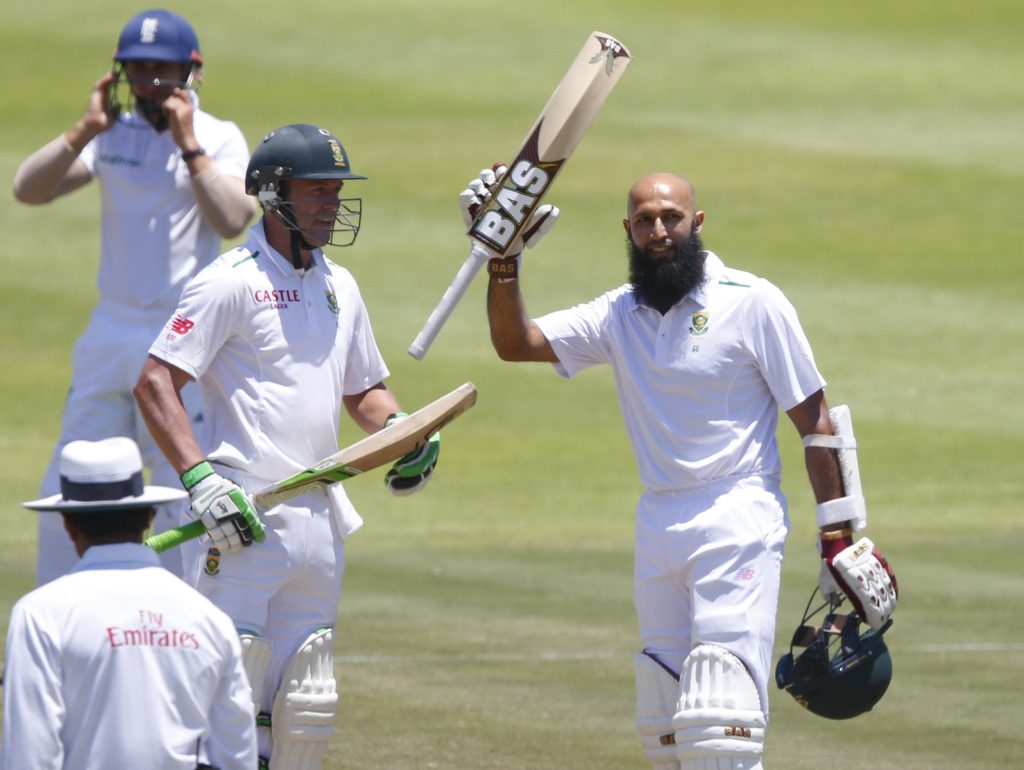Cricket Captaincy: Leadership Strategies and Decision-Making Psychology
Understanding the psychology of cricket captaincy can reveal significant insights into the numerous mental challenges a cricket captain faces and how they wield their leadership role to determine the fate of their cricket team. This article explores the leadership strategies and decision-making psychology involved in cricket captaincy, providing substantial emphasis on sports psychology and references to former well-known players like Mike Brearley and Steve Waugh.
Exploring the Role of a Cricket Captain in Team Performance and Dynamics
In cricket, the captain is more than just a star player; they are a mentor, strategist, and the team’s anchor. The role of a cricket captain is complex and multidimensional, requiring a broad understanding of the sport, adept communication skills, and high-level mental skills.
Just as the best players only sometimes make the most successful cricket captains, having extraordinary cricket skills alone does not make for an effective leader. A successful cricket captain must possess tactical understanding and the mental strength to lead. The captain needs to understand not just the sport but the human side of his team as well. With such understanding, a captain can apply the principles of applied sports psychology to enhance team performance.
Captain’s Leadership Development and Emotional Intelligence in Cricket
The complexity of cricket captaincy necessitates continuous leadership development and an understanding of the emotional spectrum of the team. As the popular saying in sports psychology goes, “The mind makes the body move.” An effective captain should understand applied sports psychology well and optimize such knowledge to improve their emotional intelligence.
The Impact of the Captain’s Decision-Making on Match Outcomes
Decision-making is a critical aspect of the cricket captain’s role. A captain must make decisions regarding team selection, field placement, bowling changes, and when to declare the innings. Judging the pitch condition and predicting how it will play over the match duration requires the captain to make long-term decisions that will significantly affect the match outcome.
Ashes Series’ iconic moments like the infamous “Underarm Delivery Incident” or Glenn McGrath’s mind games are excellent examples of the impact a captain’s decision-making can have on the outcome of a cricket match.
Tactical and Strategic Decisions in Cricket Captaincy: Pressure Handling and Adaptability
Mental toughness in cricket captaincy includes handling pressure, rapidly adapting to changing situations, and making effective decisions under stress. In the heart of applied sports psychology, embracing versatility plays a substantial role in maintaining a cricket captain’s high-level performance.
Playing well during practice sessions is one thing. However, successfully translating that into a World Cup game when stakes are sky-high is where the mental game undergoes the biggest challenge.
The Psychological Aspects of Cricket Leadership and Their Influence on Team Morale
A cricket captain’s mental state and leadership skills directly influence the morale of the cricket team. The captain serves as the benchmark, torchbearer, and pillar of strength; their signals, body language, and mood can affect the cricket players. The captain must exhibit mental toughness and optimism despite adverse match situations.

Mental Resilience and Decision Psychology in Cricket Captaincy
Sports psychology plays a significant role in cricket captaincy, specifically in building mental resilience. Tough decisions, like dropping the best players for the team’s long-term good, can bear heavily on a captain’s shoulders.
Communication Skills and Interactions in Cricket Captaincy
Good communication skills in cricket captaincy are crucial. Frequent and open interaction ensures that the team’s morale and unity stay intact. The captain’s communication with the coach and influence on player development is pivotal in creating a winning team environment.
Game Awareness, Team Bonding, and Motivation Techniques in Cricket Leadership
A cricket captain must have a profound understanding of the game and external factors that might influence it, such as weather conditions, pitch behavior, and the opposition’s strategy. They must bind the team under a shared vision and use motivational techniques derived from applied sports psychology to foster a positive environment.
The Role of the Captain’s Decision Under Stress in Team Cohesion and Bonding
Making smart decisions under stress is one of the most essential attributes a cricket captain could have. It manifests mental toughness and infuses confidence within the team, fostering cohesion and bonding.
In conclusion, cricket captaincy transcends beyond an individual’s cricketing abilities. Understanding and applying sports psychology’s principles, developing mental skills, and honing decision-making abilities are the foundations of exceptional cricket leadership. Cricket captains bear the team’s hopes and face considerable mental challenges. Hence, their role is a delicate balance of strategic cricket insight and emotional intelligence. Whether it’s Mike Brearley, Steve Waugh, or any celebrated cricket captain, their legacy remains etched in the annals of cricket due to their effective leadership and mastery of the mental side of cricket captaincy.
